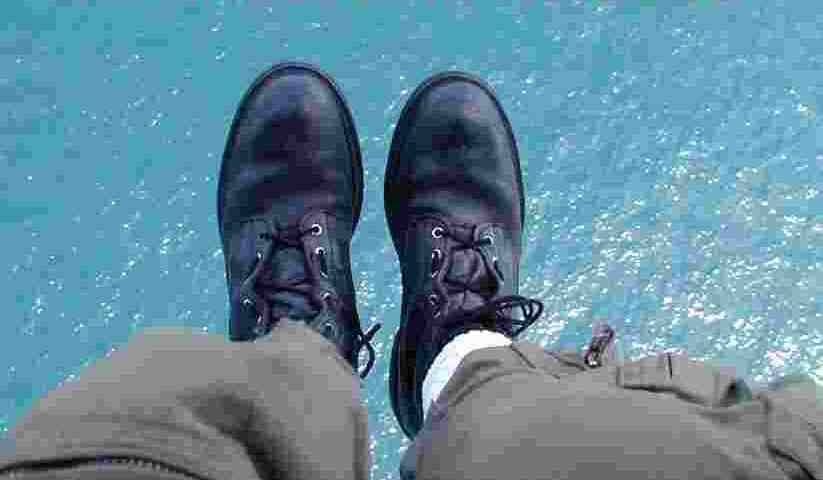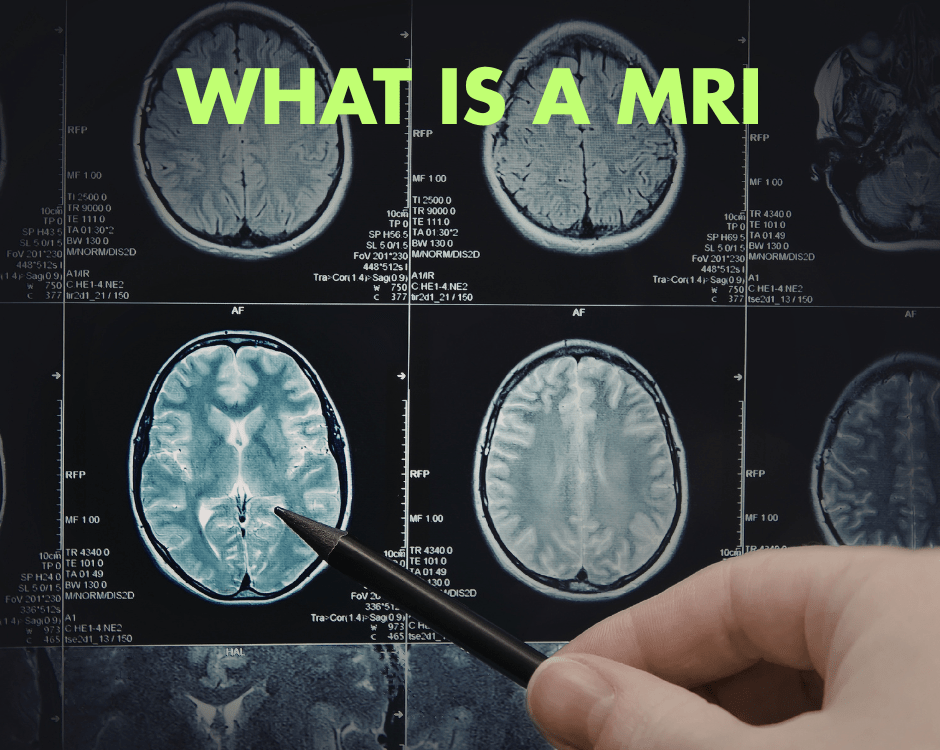Why Do You Get Dizzy with Heights?

Stem Cells and Car Accident Recovery
April 25, 2025
Are Sinus Infections Contagious?
April 25, 2025- Accident doctor
- accupuncture
- airplane headache
- alzheimer's
- best habits
- Brain Injuries
- car accident
- car accidents
- cervical strain
- colds
- concussion
- Concussions
- disc bulge
- dosage meds
- dry needling
- dull pain
- E bike injuries
- florida
- good posture
- headaches
- Headrest positions
- Headrest positions after an accident
- Healthy choices
- Healthy flying
- healthy gift guide
- Healthy SPring Ideas
- hip pain
- hyperextension
- injury doctor
- insurance
- Kayaking
- kentucky
- kids motion sickness
- lifestyle
- motion sickness
- neck injury
- no fault insurance doctor
- noise healing
- osteoporosis
- pain symptoms
- pink noise
- posterior chain
- posture
- prevent osteoporosis
- Rest
- Scoliosis
- shoulder pain
- Stress with kids after a motor vehicle accident
- TBI
- tips
- tmj
- torn muscle
- Traumatic Brain Injury
- trigger points
- VitaminD
- What are Post Traumatic headaches?
3 Reasons You Get Dizzy with Heights
Climbing a ladder or glancing over a ledge can turn some of the steadiest standing people into an unbalanced mess. I find it almost impossible to even enjoy those scenic overlooks because there is a possibility I may trip up, fall 20 feet forward and go over the edge. If heights make your head spin, there is real stuff going on behind that wobbly feeling. At Chambers Medical Group, one of the highest rated car accident medical care facilities in Kentucky, we have plenty of unbalanced patients, but the reason is from some level of head trauma from a motor vehicle accident (MVA). Head trauma is just one example of why the body can throw you off balance but there are many more. Dr. Aaron Workman of Chambers Medical Group discusses three reasons that heights can leave you dizzy and searching for solid ground.
- Your Balance System Gets Confused
Your body has several different parts that all work together to keep you upright. These will include the eyes, inner ears and all the muscles that are constantly adapting to the other parts. When you put yourself in a higher position, one of those team players can have a problem. In my personal example of the scenic overlooks, my eyes see this far off horizon with a deep void in between although my feet are feeling the steady ground. This is a glitch in the system that throws the brain for a loop. The inner ear may say I am safe and there is no movement, yet my eyes are screaming I am falling off the edge. This will create that unbalanced swaying even when you are on a solid surface. It is the equivalent of my senses having an argument.
- Fear Kicks Your Body into Overdrive
Acrophobia, which is the fear of heights, can play tricks on the mind and have a full-body takeover. Step near an edge or climb up a ladder and the brain hits the panic button. The response is an increase in heart rate, changes in breathing, the palms can become sweaty, and the body hits the fight-or-flight mode. The increased anxiety can make breathing fast and shallow leading to being lightheaded. Past scares or even a natural phobia can put this in overdrive. I fell from a 20-foot ladder once while painting and had a lower leg injury. From that point forward, I have had issues climbing up large ladders. As the anxiety hits, my muscles hesitate, and dizziness can ensue.
- Your Inner Ear is Throwing a Fit
Inside your ears, you have a natural level, like the one you would use to hang a picture straight. This natural bubble level is a set of sensors that detect where you are in relation to surroundings. Any structural change around this area can affect it. That spinning or falling sensation called vertigo can be a result of fluid issues in the ear, problems with small bones of the ear, or trauma such as whiplash from an MVA. If you get in an elevated position, the overload of anxiety can make this sensation even worse.
You can see that the dizziness we feel can be a result of the sensory systems misfiring, fear possibly making the misfire worse and the inner ear refusing to balance you out. I have found relief on ladders by focusing on slower breaths and focusing on the ladder steps and what is in front of me. Different causes will require different interventions, and a healthcare professional can assist you in figuring that out. If you have never had previous issues, suffered an MVA and now have problems, the doctors at Chambers Medical Group can help. Do not let dizziness steal away your days.
— This article is written by Aaron Workman, DC, one of the members of Chambers Medical Group’s team of car accident chiropractors who offer a variety of treatments and therapies ranging from diagnostic testing to various soft tissue therapies for car accidents and injuries in Kentucky.
- Car Accident Medical Clinic in Tampa
- Car Accident Medical Clinic in Plant City
- Car Accident Medical Clinic in Brandon
- Car Accident Medical Clinic in Lakeland
- Car Accident Medical Clinic in Sarasota
- Car Accident Medical Clinic in Louisville
- Car Accident Medical Clinic in Lexington
- Car Accident Medical Clinic in Florence




